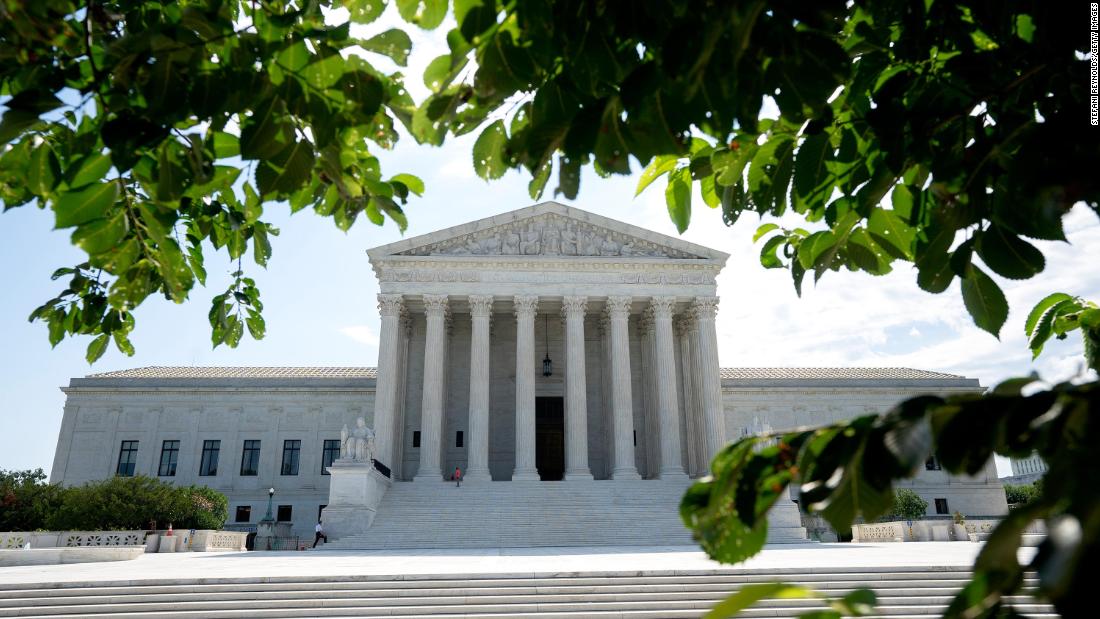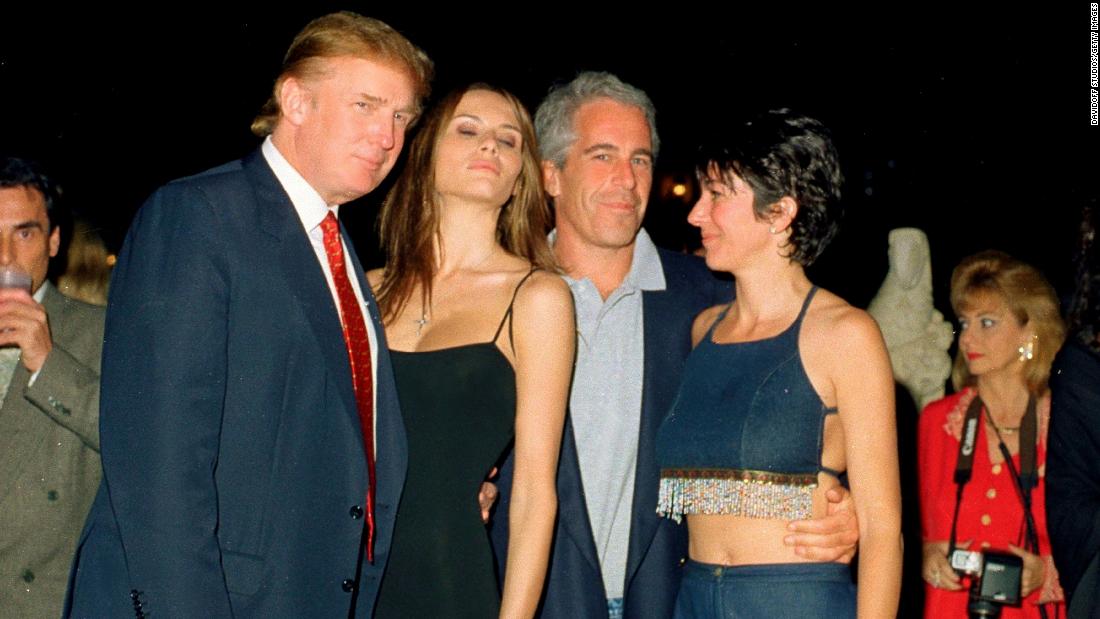Some companies continue to be more resistant than ever on working from home.
Many of these companies are saying "Working from home is not part of our business model nor will it ever be. We are not a work from home company and we are not changing our business model". The issue is top executives do not believe in work from home. Despite seeing it work during stay at home orders they are firmly against it and believe it's a recipe for failure and loss of productivity.
I just heard about a company that has been saying the above is now requiring all reasonable accommodation request to work from home if an employee is high risk being forwarded to the CEO. Including all documentation and forms and the CEO must approve the request.
That CEO does not reside in a USA based office and is overseas. Employees believe this new requirement to request accommodations to work form home is meant to scare people into giving up trying to ask.
Meanwhile I hear at least 50% of said employees in the local office are looking for a new job. And a lot of HR have quit.
Many of these companies are saying "Working from home is not part of our business model nor will it ever be. We are not a work from home company and we are not changing our business model". The issue is top executives do not believe in work from home. Despite seeing it work during stay at home orders they are firmly against it and believe it's a recipe for failure and loss of productivity.
I just heard about a company that has been saying the above is now requiring all reasonable accommodation request to work from home if an employee is high risk being forwarded to the CEO. Including all documentation and forms and the CEO must approve the request.
That CEO does not reside in a USA based office and is overseas. Employees believe this new requirement to request accommodations to work form home is meant to scare people into giving up trying to ask.
Meanwhile I hear at least 50% of said employees in the local office are looking for a new job. And a lot of HR have quit.

